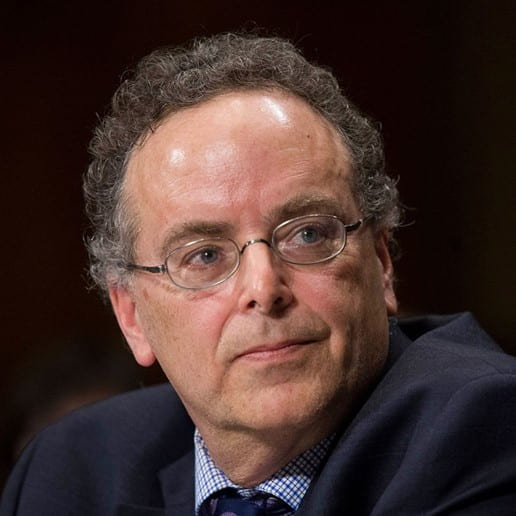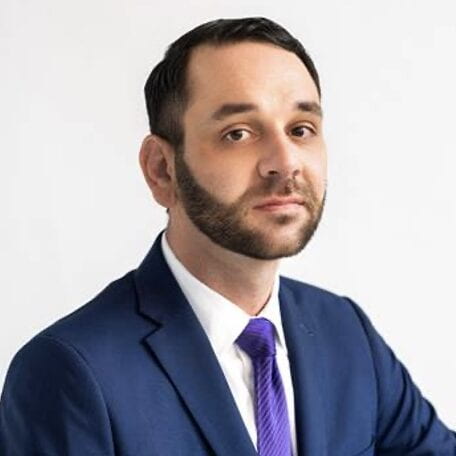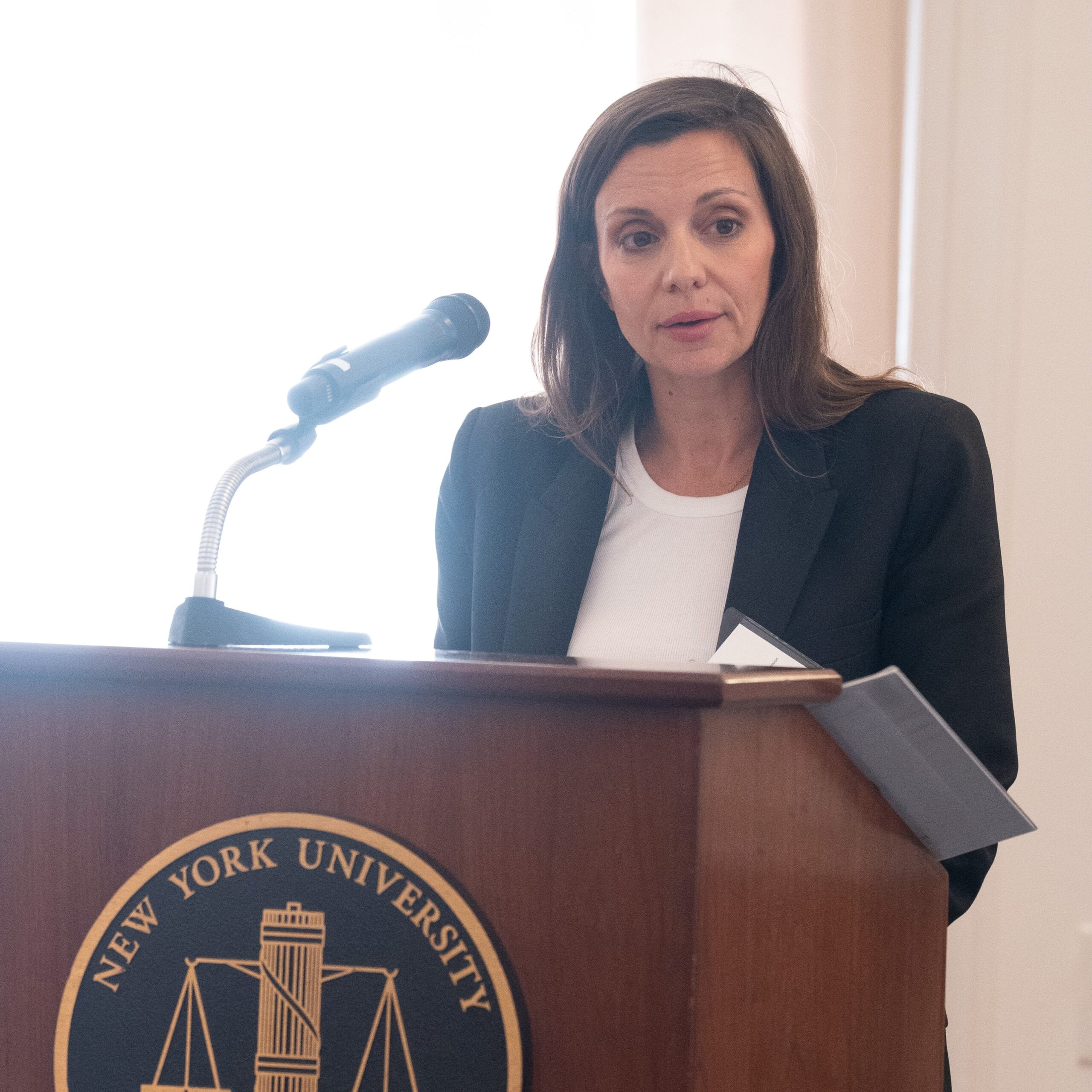by Stephen M. Kohn

Photo courtesy of Kohn, Kohn & Colapinto LLP
On March 7, 2024, in speech before the American Bar Association, Deputy Attorney General Lisa Monaco announced a “90-day sprint” to establish a new Justice Department whistleblower program. The DAG’s reason for announcing the new program was clear:
Ever since Dodd-Frank created whistleblower programs at the SEC and the CFTC, those agencies have received thousands of tips, paid out many hundreds of millions of dollars, and disgorged billions in ill-gotten gains from corporate bad actors.
Yet both programs, and similar ones at IRS and FinCEN — by their very nature — are limited in scope. They only cover misconduct within their agencies’ jurisdictions. . .
These programs have proven indispensable — but they resemble a patchwork quilt that doesn’t cover the whole bed. They simply don’t address the full range of corporate and financial misconduct that the Department prosecutes.
So, we are filling these gaps.
The critical issue facing the Justice Department is precisely how they will “fill these gaps.” Among the most pressing concerns is confidentiality. Whistleblower advocates have uniformly asked the Justice Department to permit anonymous and confidential reporting as is currently permitted by the U.S. Securities and Exchange Commission (SEC) under the highly successful Dodd-Frank Act. However, the U.S. Department of Justice (DOJ) has historically not permitted anonymous or confidential whistleblower disclosures to the department. The current DOJ-approved procedures require all “human sources” to undergo an extensive background screening making anonymous reporting impossible. Even when a whistleblower is granted confidential informant status, the current procedures permit the DOJ to waive confidentiality essentially at-will.
Continue reading →









